|
For 6 years, Mike took his weekly commute to the Royal Vancouver Yacht Club where he waited for the weekend waste to be brought out to the black bins in the parking lot next to the seawall. He would meticulously go through each bag searching mostly for bottles and cans. But every week, he would go home with a little something extra. “I didn’t buy groceries for 6 years. What I stored up from the summer at the Yacht Club lasted me through to the end of winter, and then it started all back up again.” Mike hasn’t been able to bin regularly since suffering a heart attack earlier in the spring, but recalls in detail the kinds of things he would take home. “I’d get at least 5-6 steaks a week, dozens of unopened bags of potato chips, and infinite amounts of cheese and cheese blocks – expensive stuff too. Over the course of the year I probably would find 5 to 10 gallons of unopened alcohol. One time we found 12 bottles of unopened wine in one week.” Not everything found its way back to his fridge, however. Mike says he was pretty picky about what he took with him. “You have to be really careful about meat and know what’s good and what’s bad. I wouldn’t take anything that’s not wrapped and still sealed. It had to be contained and unopened. I also wasn’t big on cooked food because you didn’t know how well they cooked it or how it was prepared. It’s hard to tell if it’s gone bad or not.” “But I will say this, I have never ever gotten sick - but I was very particular about what I took.” Not every binner has this experience finding high quality foods in the amounts that Mike did at the Yacht Club.
“By no means was the average binner getting what I was getting in terms of food. The Yacht Club was special. These boats would come in, and since there was such little space in their fridges and freezers, when they were done they threw everything out.” “It makes a bit of sense to me how these guys can throw their food away, because they think they have nowhere else to put it, but what really gets me is when I see food in the bin outside apartment buildings. I used to see that all the time when I was binning bin in Kits and North Van.” Mike says there’s much better use for food that you have at home that you’re thinking about throwing away. “Give it away! I did that a lot with people in my building. I shared an incredible amount of what I brought home – one of my neighbours didn’t buy condiments for 3 years.” “People at the Yacht Club would know I was waiting out there when the trash came out. So they’d set their leftover food off to the side in a tied up bag, sometimes with a note on it or something.” “If I could give any advice, I would say if you want to leave food out for someone in the alley, make sure it’s frozen first. Then you are giving that person a better chance of being able to get use out of it.” And what does Mike think of all the food that is being wasted in our city? He’s not impressed. “It’s disgusting what’s wasted in Canada, our grocery stores included. We should be giving food that’s not expired to the Food Bank or to someone who needs it. People earning $10 an hour can’t afford to buy groceries. Don’t tell me you feel good about throwing something good out of your fridge. Someone can use it. We do use it. Whether you find it disgusting or not, we do eat out of the dumpster.”
7 Comments
Today is our Coffee Cup Revolution event, and we’re talking about plastics and packaging. Bev and Kelly bin regularly, and have been with Binners’ Project since its inception. They sat down with us to talk about what they like to find, and their favourite spots to look out for coffee cups. You bin mostly at night, why does that work better for you? Bev: It’s quieter, and there’s less people around so it makes it easier. Kelly: We have flashlights so it makes things easier. The only thing we see sometimes are skunks, but we know to stay away from each other. When do you usually go, and for how long? Kelly: We have a route in Kits that we do, so we always go when we know it’s going to be garbage day. That way the bins are always out in the alleys. It takes us about 7 or 8 hours in total, with a little break in the middle. What’s the most challenging about picking out bottles and cans from the bins? Bev: It can get pretty messy, especially if the recycling isn’t sorted or anything. Sometimes I take some time and sort out the paper from the plastic and stuff if it’s really messy. Kelly: It makes it easier when people put the cans outside of the bin in a bag or box for us. Out it Kits we see a few of the Binners Hooks around, and people hang bottles from there, which is helpful. It’s nice to know they’re expecting us to come, and it just makes it easier, and it’s quieter. You both have been to many Coffee Cup Revolution events. How do you bin for coffee cups? Is it different than bottles and cans?
Kelly: We have been collecting some when we’re out on our regular runs at night, whenever we see them. Bev: The best time of day for cups is lunch time, and we have this one block in Yaletown we like to go to. We’re usually picking them out of garbage cans, but they’re hard to get into now because they’re the bins that open from the front. It makes them difficult to reach into. What are some things you would challenge others to do to help make sure their bottles & cans, and other packaging like coffee cups are getting recycled? Kelly: It’s hard for us to get into the bins if things are really messy. Sometimes compost is mixed in with all the containers, and it’s hard to get things out. I think it’s what I said earlier - it’s helpful when people use a bag and put the can on the hook. It makes us feel like people are looking out for us. Bev: We are all accountable to make sure things are going in the right place. From the person who throws it in the bin, to the janitors who are cleaning things up, to us binners who are putting things in the right place and recycling the cans. We all need to do our best to make sure things are being recycled. Today in Waste Reduction Week we are celebrating Champions and Innovators in the waste reduction community. Part of Binners’ Project’s work in innovating in this sector is legitimizing the work binners do as informal recyclers through ensuring they are adequately compensated for their work at above minimum wage. Now, we offer a sorting service to buildings and events to ensure that binners are paid for their work. On of our binner-staff Sam is an avid binner, picking up bottles and cans where he can, but also has a huge passion for recycling and cleaning the streets. “I lead by example, If I’m walking by the garbage, I pick it up. I was taught that. This is my neighbourhood, my front door, my back door. Same as your front door, your back door. It’s all the same. Doesn’t matter if you’re on the other side of the world, we’re all part of the same society.” Sam is our champion today because out of his passion for recycling, he does waste sorting for businesses beyond his paid work with Binners’ Project, with his only payment being the bottles he picks up along the way.
“I give them credit for allowing me to do it for them. If they can’t pay for the service, it’s better if I get to do it for them, instead of everything going into one bin.” Sam’s challenges to you:
Let’s all work together to keep our streets clean! -- Binners’ Project Welcome to Textile Tuesday! Jon is one of our newer binner-staff and is well known for his quirky style and making his own clothing. We sat down with him to hear more about how he finds and makes clothing. What kind of things do you usually like to make from the items you find? I really like making hats from scratch like this leather one I’m wearing. I also refurbish hats a lot if I find old ones, I’ll replace the plastic part in the brim and fix it up a bit. What kind of material do you like to work with the most? Usually leather - I love finding things made of leather like jackets and purses. But I also really like patterned things because they’re fun. Sometimes I make jewelry out of old computer parts and other things I find, I like working with that kind of stuff too. How do you make things?
I have a sewing machine and like to take what I find apart and make new things out of it. Like this leather hat I have, I made this out of a leather jacket that I found in the alley. I took it apart and made it into a hat instead - it took me about 6 months to make. I like to take my time. Where do you normally find used clothing? Sometimes things are just in the street, must most times I find them in alleys. I find people tend to put things outside of the bin if they think someone might be able to reuse them. That’s how I find most of my stuff, I never go inside the bins. Why do you like to make things out of something old? Everything has a purpose, and everything can be made beautiful again. I like spending time making new things out of something that's been used. What would you challenge others to do when it comes to getting rid of their old clothing? Don’t throw it away, or even put it in the alley. There’s tons of people who would love to make something new out of it, so you could either sell it online or give it away for free somewhere. If you want you could give it to a thrift store, sometimes I go there to find things for myself. Here's some tips:
Bertha here! I’ve been collecting things that people leave behind in the alley for years – and it’s not just bottles and cans. I’ve decorated my whole Christmas tree with stuff I’ve found, and the majority of it was brand new – tags were still on them and everything. All of the artwork in my house are pictures people threw away because the glass was broken! I learned a little bit about the Circular Economy for this pledge, and realized that the work I do in reusing things others have thrown away is part of it. Some things that are easy and fun to do are to make planters out of old rubber boots or tin cans. Here’s my challenge to you!
Bertha PS: I can’t wait to hear more about the ways you’re reusing things! Feel free to share on our Facebook page. |
Binners' NewsAll our latest news, events, announcements and press releases will be posted here. Categories
All
Archives
September 2022
|

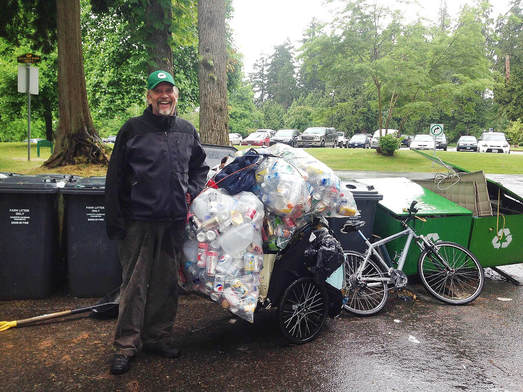
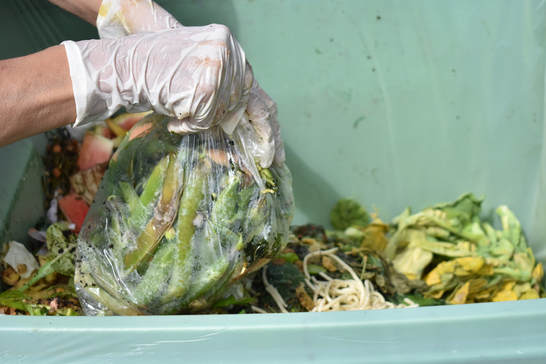
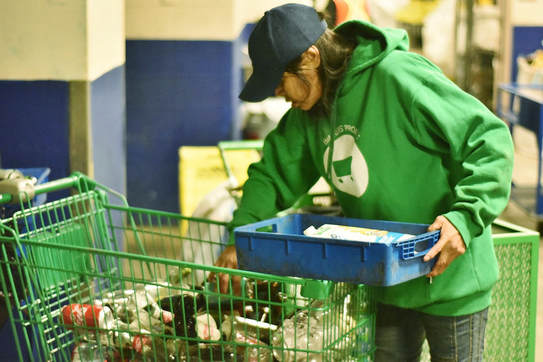
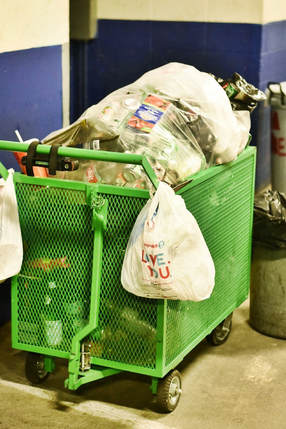
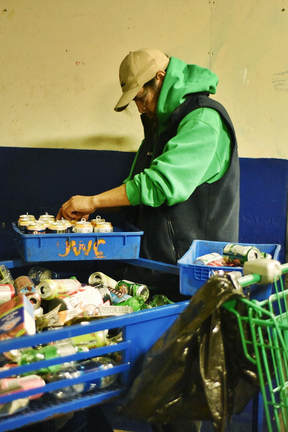
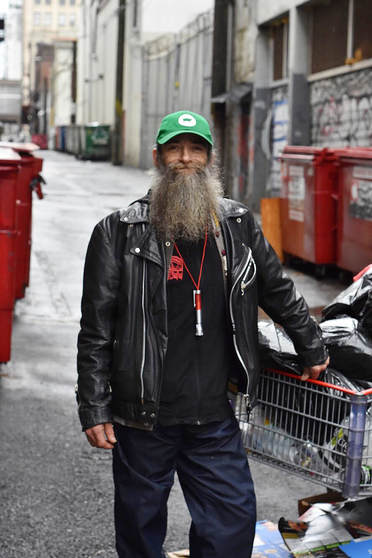
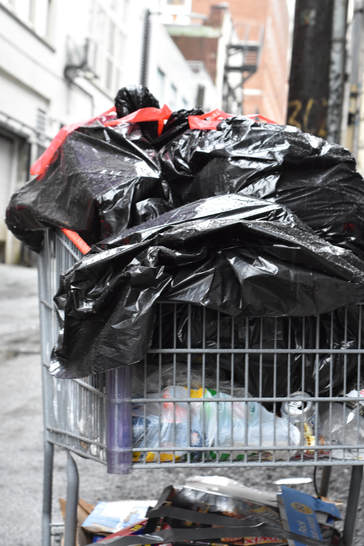
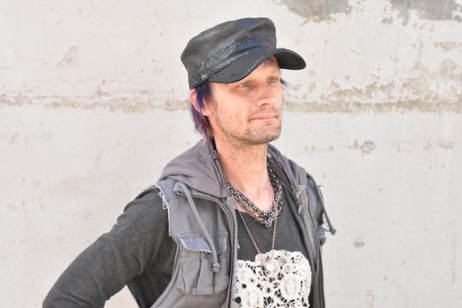
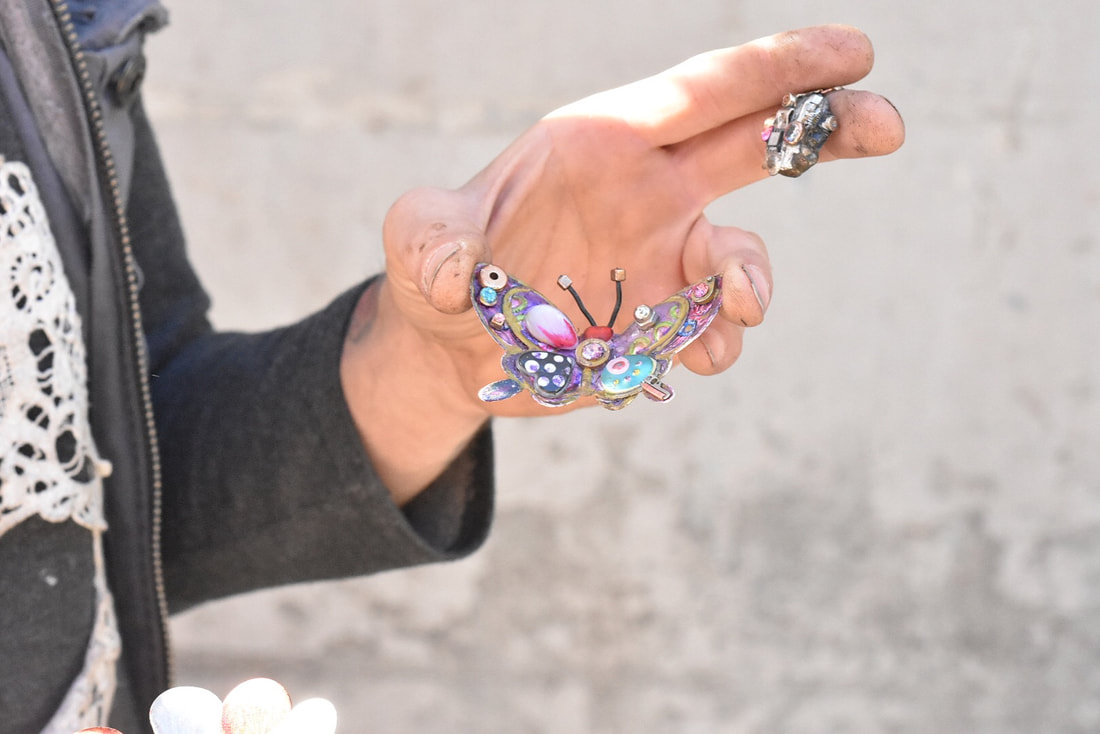
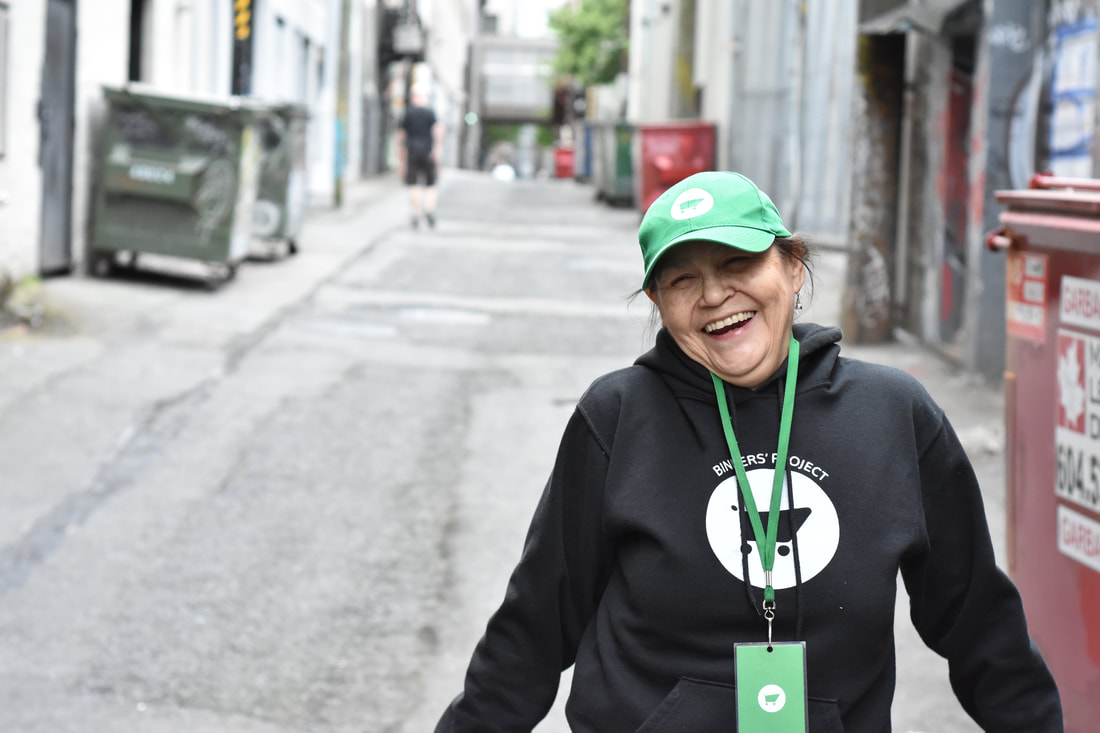
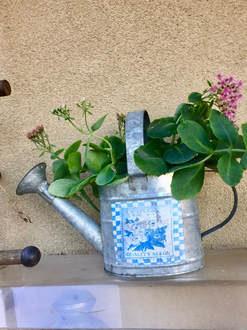
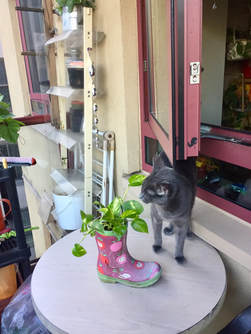
 RSS Feed
RSS Feed
